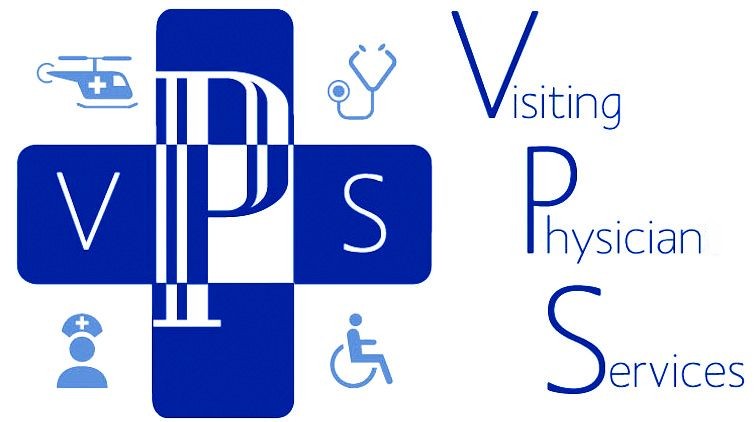Post-Hospitalization Care
Post-Hospitalization Care
If you’ve recently been discharged from the hospital, our physicians/NP/ PA’s can assist with follow-up care, monitoring your progress, and ensuring a smooth transition back to your home.
Transitional care services from hospital to a patient’s residence play a crucial role in ensuring a smooth and effective transition from the acute care setting to home. Here’s an overview of the services involved:
Discharge Planning:
- Evaluate the patient’s medical condition, needs, and support system to determine the appropriate level of care post-discharge.
- Collaborate with the healthcare team, including physicians, nurses, and specialists, to develop a comprehensive discharge plan.
Equipment and Supplies:
- Ensure that necessary medical equipment, such as wheelchairs, walkers, or oxygen, is prescribed and coordinated for delivery to the patient’s home.
Educate the patient and caregivers on medication regimens, potential side effects, and the importance of adherence.
- Collaborate with the healthcare team, including physicians, nurses, and specialists, to develop a comprehensive discharge plan.
Caregiver Support
- Provide education and training for family members or caregivers to ensure they are equipped to support the patient at home.
Offer temporary relief for caregivers to prevent burnout and maintain their well-being.
Home Care Services:
Provide skilled nursing care at home for wound care, medication management, and other medical needs.
Offer rehabilitation services to improve mobility, strength, and overall functional ability.
Assist with activities of daily living and provide strategies for independent living.
Address speech and communication challenges, swallowing issues, and cognitive impairments.
Support with personal care, such as bathing, dressing, and grooming.
Provide counseling and support to address social and emotional aspects of recovery.
Utilize technology for remote monitoring and virtual visits, enhancing communication between the patient and healthcare providers
Medication Management:
- Review and reconcile the patient’s medications to avoid discrepancies and ensure adherence.
Educate the patient and caregivers on medication regimens, potential side effects, and the importance of adherence.
Follow-up and Monitoring:
- Conduct follow-up visits or telehealth consultations to monitor the patient’s progress and address any emerging issues.
information with the patient’s primary care physician and specialists to facilitate ongoing care coordination.
Chronic Disease Management: We specialize in managing chronic conditions such as diabetes, hypertension, and arthritis, COPD etc, providing ongoing support and guidance to help you live a healthier life.
Referrals and Coordination: If further specialized care is needed, we provide seamless referral services and work closely with specialists to coordinate your healthcare, ensuring a smooth transition between providers.
We specialize in managing chronic conditions such as diabetes, hypertension, and arthritis, COPD etc, providing ongoing support and guidance to help you live a healthier life.
If further specialized care is needed, we provide seamless referral services and work closely with specialists to coordinate your healthcare, ensuring a smooth transition between providersh
Chronic Disease Management: We specialize in managing chronic conditions such as diabetes, hypertension, and arthritis, COPD etc, providing ongoing support and guidance to help you live a healthier life.
Referrals and Coordination: If further specialized care is needed, we provide seamless referral services and work closely with specialists to coordinate your healthcare, ensuring a smooth transition between providers.
Medical laboratory and specialists services
- Routine and medical care
- Excellence in Healthcare every
- Building a healthy environment.


